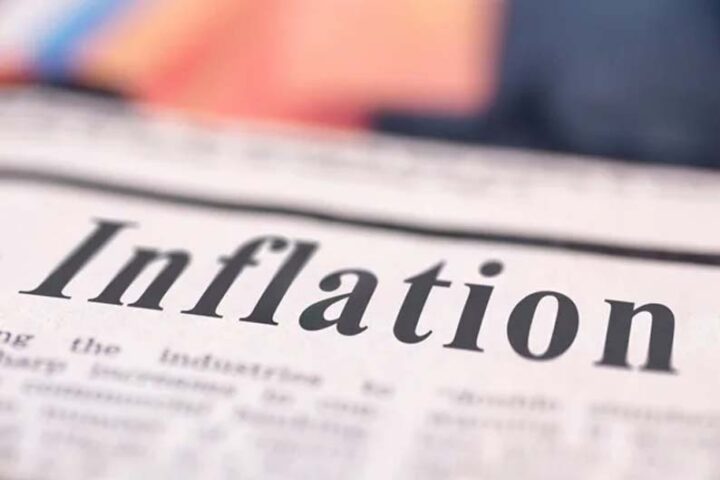Finance Minister Constantinos Petrides fears the current energy crunch fuelled by the war in Ukraine will be difficult to tame, comparing it to the oil crisis in the 1970s.
Addressing the 12th Nicosia Economic Congress, Petrides expressed grave concern that inflation has hit levels that “the current generation has not witnessed before.
“The high inflation rate is the most dangerous aspect of this crisis. It resembles the inflation rates recorded in the 1970s and 1980s”.
He said that Cyprus would have difficulty coping with unprecedented high inflation rates.
Increases in petrol prices, electricity, utility bills, fruit and vegetables drove inflation up in March to a record 7.1%.
Inflation continued its upward trend for the twelfth consecutive month, and it is the highest recorded since 1995.
The increase comes after price inflation in February reached 6.6%.
The minister said a transition to a greener economy would also make things harder, noting that prosperity in recent years was built on the fact that energy carried a low-price tag.
“Right now, this is changing, as the cost of energy increases, causing social repercussions as we move away from fossil fuels.
“If this situation continues, the economic policies of many countries will certainly be adjusted.
“We need to adopt targeted measures to prevent energy poverty and protect the most vulnerable groups because they are the ones most affected by inflation,” said Petrides
Touching on another aspect of the war in Ukraine, the minister said the island’s tourism sector, generating around 15% of the country’s GDP, will suffer due to the war and sanctions on Russia.
“Tourism from Russia generates 20% of the sector’s income.
“We are certain that part of it can be covered, with positive messages coming from alternative markets.”
He said tourism stakeholders have successfully added 35 new destinations to the island.
Petrides referred to the government’s intervention to bring down the energy price by slashing the VAT on electricity bills and lowering a consumption tax on fuel.
He said the government had given more targeted benefits to people living in mountainous areas while supporting livestock farmers.
Petrides explained that these measures are short term.
“They also come into conflict with the government’s road map to a greener economy.”
Some €150 mln is included in this year’s budget for energy-saving schemes available for households and vulnerable groups, such as the installation of photovoltaics.
The government has pledged to keep supporting energy-saving projects and Renewable Energy Sources until Cyprus reaches its goal of becoming carbon neutral.










